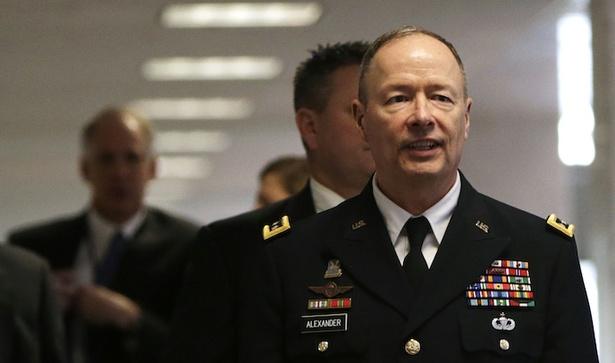
The Spirit of the Fourth Amendment—and the NSA’s Disregard for It
If we go back to the understanding of why we declared independence from Great Britain, it stemmed from worries about excessive surveillance. James Otis in 1761 was denouncing general writs of assistance, general search warrants, as being totally inimical to freedom and independence …. It empowered every petty official to go examine people’s homes and businesses, to determine whether they had any smuggled goods. There was no probable cause.
… This opposition triggered, in John Adams’s words, the spark that led to the American revolution …. The spirit of the Fourth Amendment, the spirit of the country, was captured in William Pitt the Elder’s address to the British parliament in 1763, when he was opposing excise taxes, which also would be enforced by these general writs of assistance. And what he said rang throughout the colonies: The poorest man in his cottage may bid defiance to all the forces of the crown. He may be frail. The roof may shake. The winds may blow through it. Storms may enter. Rain may enter. But the King of England cannot enter. All his forces dare not cross the threshold of the ruined tenement.”
That, ladies and gentlemen, was the spirit of the Fourth Amendment. It was later described by Justice Louis Brandeis in Olmstead v. the United States as the right to be let alone—the most cherished right among civilized people. And he understood that our right to that liberty, it applies because we’re human beings and individuals. We don’t have to justify the right to be let alone.
If you haven’t seen the John Adams miniseries, I suggest you add it to your playlist.


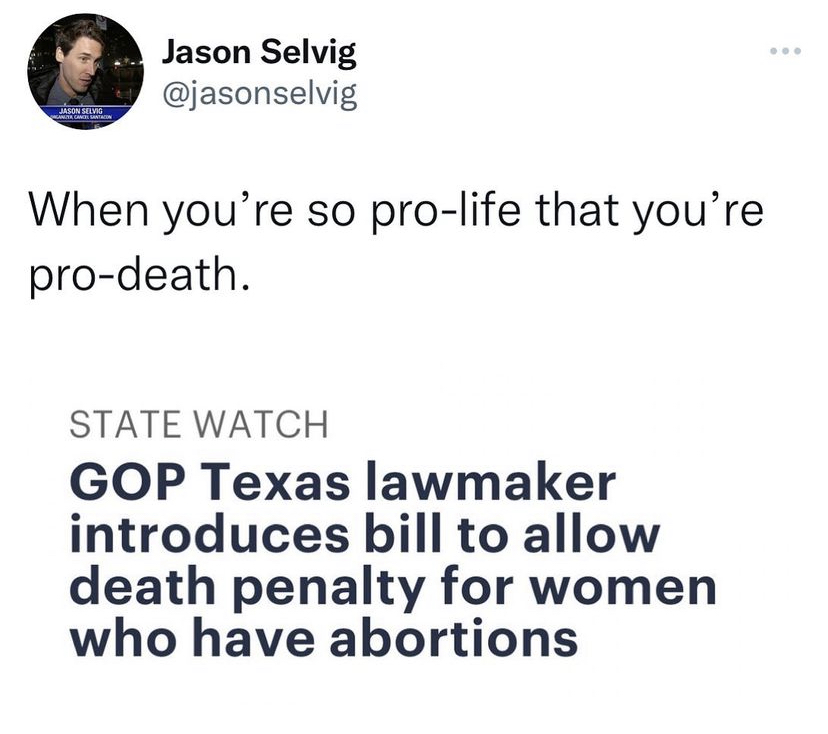
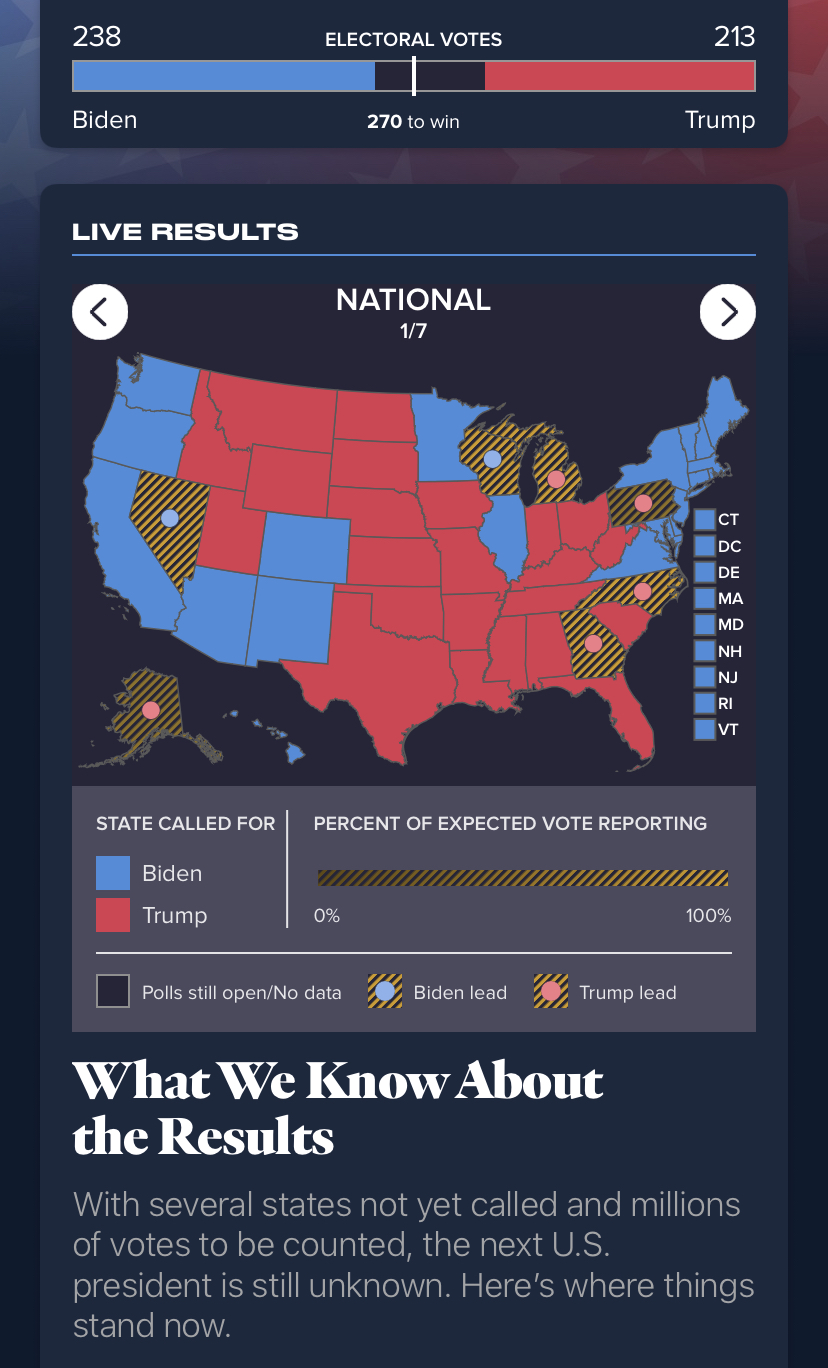
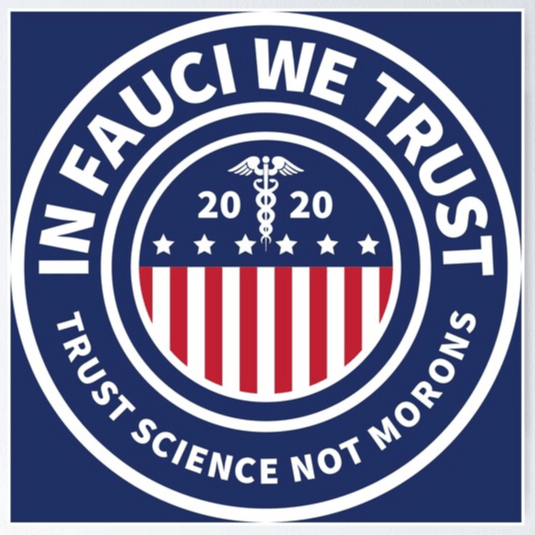
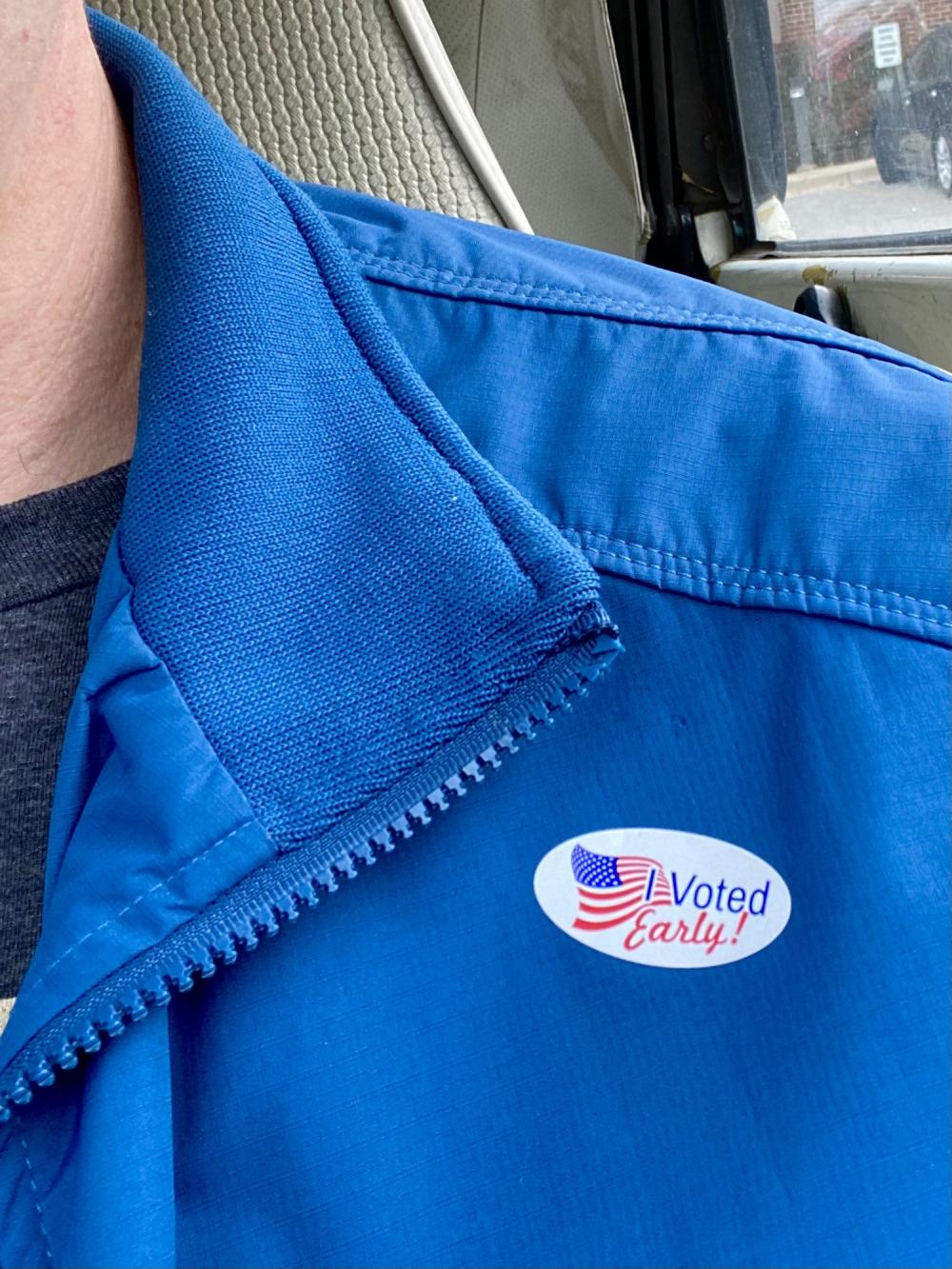
Add a comment
Post